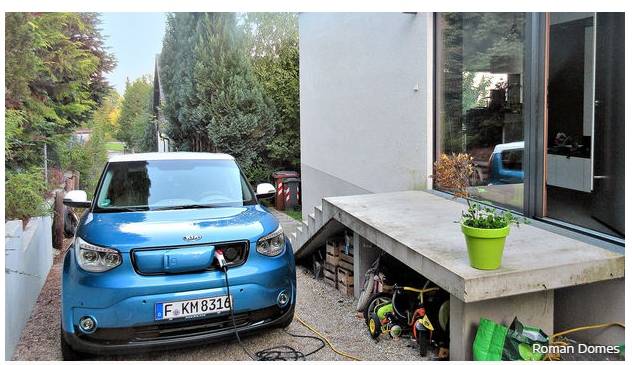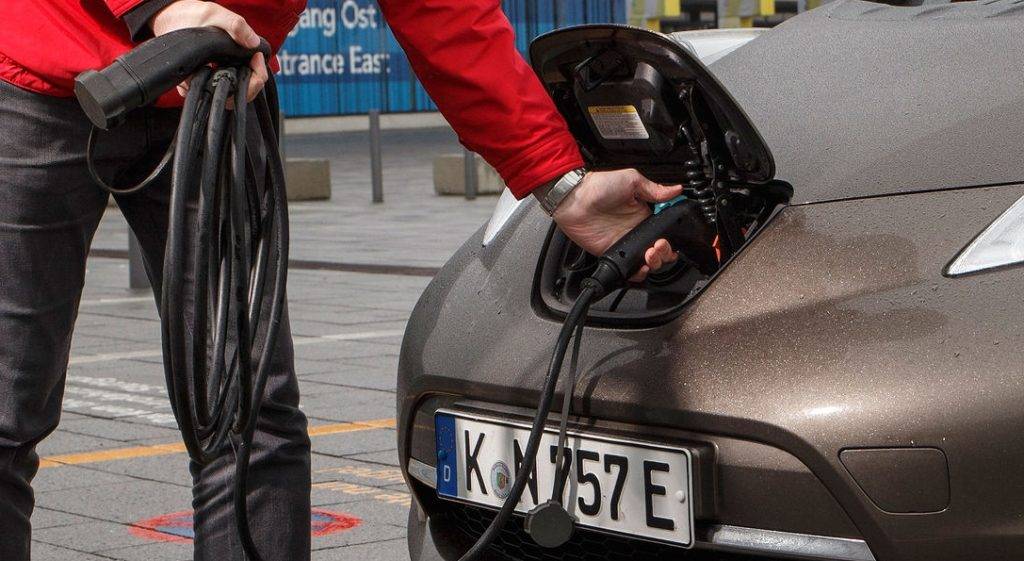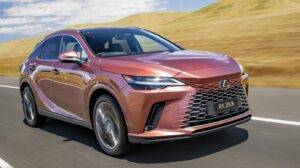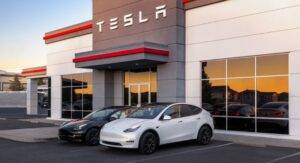Anyone who keeps an overview of the charging station tariff jungle can hardly drive anymore. We show what it costs to charge an electric car and how to pay.
What would happen if there was a huge rush for electric cars from now on? Simply answer: Then suddenly, even more e-car owners would face the dilemma: where should I charge my locally emission-free environmental protector made of steel? And what does that actually cost me?
Private charging and at the employer

The e-car owner is off the hook and has a private charging facility in the form of a garage with power supply or even a wall box. The average price per kWh of household electricity is 29.4 cents. With a battery capacity of 41 kWh (Renault Zoe) 12.05 euros would be due. A range of 100 kilometers costs 4.12 euros. Likewise, commuters who can charge at their work place are fine.
Public charging stations
The rest depend on public charging stations, which offer charging capacities of 11 kW, 22 kW, 44 kW (quick charging station) or 135 kW (Tesla Supercharger). Since March 2018 there have even been 350 kW charging stations for commercial vehicles. However, the actual usable charging power depends on the recipient. There are currently 7,343 columns in Germany, i.e. almost 15,000 charging points (most charging stations have two connectors), freely accessible to everyone. Among other things, the exact location, the charge level and the current charging situation can be checked on site using a smartphone application. Unfortunately, no app shows the parking situation in front of the charging station. And since parking bans for conservatively powered vehicles do not exist in front of every charging station, the station may be unused, but the parking lot may be occupied.
Payment models on public charging stations
If a free space is found, the loading process should actually start, provided the load can also be paid for. And this is exactly where the e-car owner enters the tariff jungle that is currently still incredibly confusing. On the one hand, this is due to the often non-transparent tariff structure. On the other hand, the different payment models. There are pre- or postpaid models, models with a basic fee and a reduced kWh price, time tariffs, loading quantity tariffs, flat rate tariffs or entry fee tariffs.
In Germany alone there are currently more than 300 providers of charging cards. To reassure you: Most charging stations offer several payment models, so that emergency chargers, which normally have to charge at home and now have to charge their e-car unplanned, can also cope. In some cases, it is even sufficient to provide the credit card. However, it must be clear that this type of emergency charge hurts financially. Around five euros per hour on an 11 kWh column can be called up quickly in an emergency.
Who chooses which payment model is therefore dependent not only on the driving behavior (distance traveled per day) but above all on the region in which the e-driver is staying. In regions such as Cologne and the surrounding area, charging at 22 kW RheinEnergie charging stations is currently completely free of charge. Current! “This will change in the course of the year,” reveals a RheinEnergie spokesman. A call to the local electricity provider is therefore worthwhile for everyone and can sometimes provide positive surprises.











More Stories
Tesla Introduces 84-Month Loans in the US Amid Rising Interest Rates
Opel automobiles: 125 years of history and a bright future
The Cars That Go Out of Production in 2023